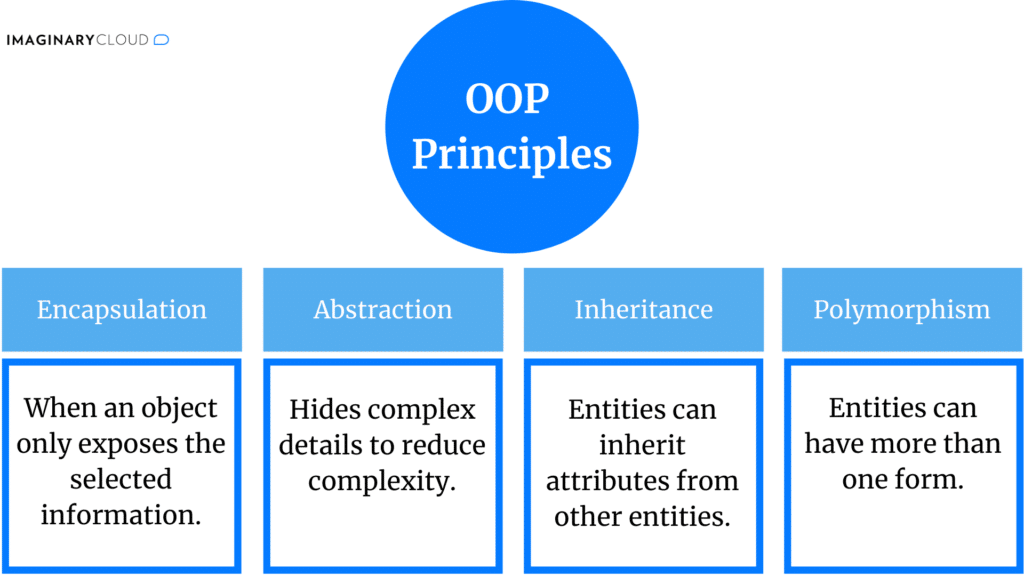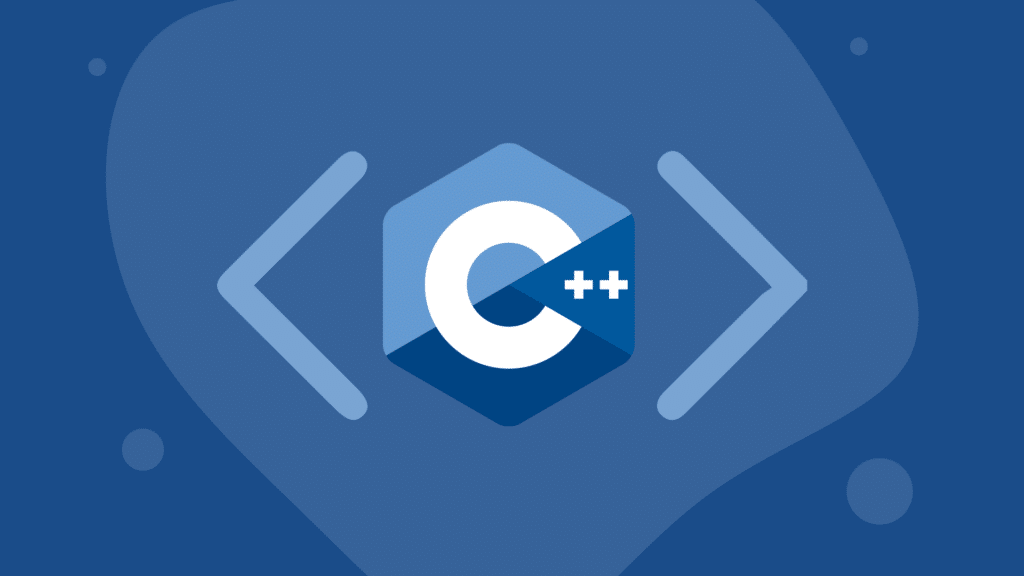Object-oriented programming (OOP) is a programming paradigm that utilizes objects, classes, and methods to structure, code and organize data. OOP has become the de facto standard for modern software development due to its flexibility, modularity, and ease of maintenance. In this article, we will explore the principles and benefits of object-oriented programming.
Contents
The Principles of Object-Oriented Programming
The basic building blocks of OOP are objects, classes, and methods. Objects are instances of classes, which are blueprints that explain the properties and conducts of objects. Methods are functions that manipulate objects and perform actions. One of the fundamental principles of OOP is encapsulation, which is the practice of disguising the internal elements of an object and exposing only what is essential for the object to function. Encapsulation ensures that the data and methods of an object are not accessible from outside the object, preventing unintended modifications and ensuring the integrity of the object.
Inheritance is a mechanism that allows classes to inherit properties and behaviors from other classes. Inheritance facilitates code reuse and simplifies the process of creating new classes by inheriting properties and behaviors from existing classes. Polymorphism is the ability of objects to take on multiple forms. Polymorphism allows different objects to respond to the same method call in different ways, making code more flexible and adaptable. Abstraction is the practice of focusing on essential features of an object and ignoring non-essential details. Abstraction simplifies the complexity of code by hiding unnecessary details and presenting only what is essential to the task at hand.
The Benefits & Examples of OOP
OOP allows developers to create modular and reusable code that can be adapted to changing requirements. Objects can be easily modified or extended without affecting other parts of the codebase. OOP promotes modularity, which is the practice of breaking down complex systems into smaller, manageable parts. Modularity simplifies the development process by allowing developers to focus on individual components of a system and test them independently.
OOP makes it easier to maintain and debug code by creating a clear separation between different parts of the codebase. Changes made to one part of the code do not affect other parts of the code, reducing the risk of introducing bugs. OOP allows developers to reuse code by creating classes and objects that can be used in different parts of the codebase. Code reusability reduces development time and increases code quality by reducing the need for redundant code.
Java is among the most popular programming languages that use OOP principles. Java’s class-based structure allows for easy implementation of OOP concepts such as inheritance and polymorphism. Python is another popular programming language that supports OOP. Python’s syntax makes it easy to create and manipulate objects, making it a popular choice for data science and machine learning. C# is a Microsoft-developed programming language that uses OOP principles to build applications for Windows, Xbox, and other Microsoft platforms. C# supports features such as inheritance, polymorphism, and abstraction, making it a powerful tool for building complex applications.
Conclusion
Object-oriented programming is a fundamental concept in modern software development. The principles of OOP, such as encapsulation, inheritance, polymorphism, and abstraction, provide a flexible and modular approach to software development that allows developers to create efficient and maintainable code. OOP also promotes code reusability and makes it easier to adapt to changing requirements, making it an essential skill for developers in today’s fast-paced software





